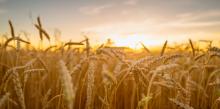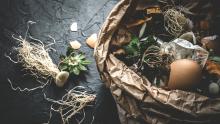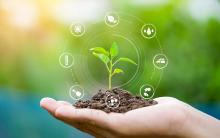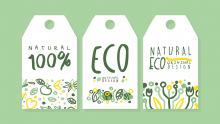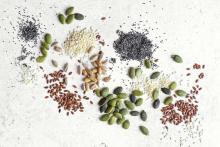Innovation helps to ensure European foods don’t cost the earth
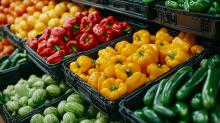
European agri-food value chains are facing a series of challenges, from rising prices to climate change. The EU-funded CO-FRESH project developed new techniques, tools and insights to drive the fruit and vegetable industry towards greater sustainability. The results will ensure the food industry is better prepared for the future, benefiting producers and consumers.

